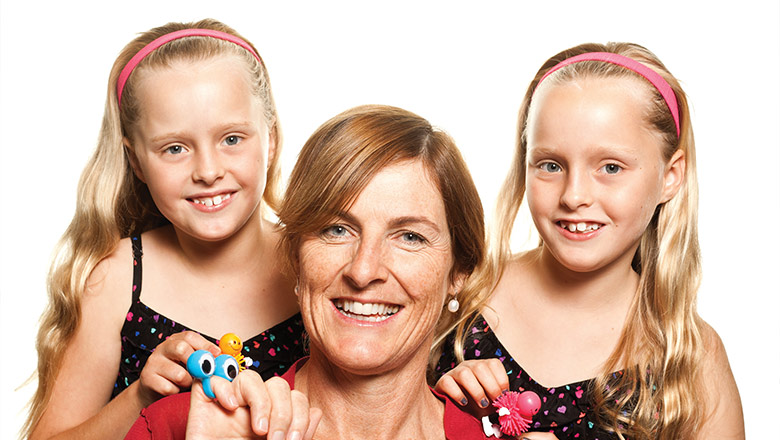Search
Research
Predicting language difficulties in middle childhood from early developmental milestones: A comparison of traditional regression and machine learning techniquesThe current study provides preliminary evidence that machine learning algorithms provide equivalent predictive accuracy to traditional methods for language difficulties in middle childhood
Research
Italian Version of QI-Disability for QoL Evaluation in Children and Adolescents with Intellectual Disability: Translation and Cross-Cultural Adaptation ProcessChildren and adolescents with Intellectual Disability experience a worse Quality-of-Life (QoL) relative to typically developing peers. Thus, QoL evaluation is important for identifying support needs and improving rehabilitation effectiveness. Nevertheless, currently in Italy there are not tools with this scope. This study aims to translate and cross-culturally adapt the Quality-of-Life Inventory-Disability into Italian.
Research
Parent-reported outcome measures evaluating communication in individuals with rare neurodevelopmental disorders: A systematic reviewCommunication impairments are a leading concern for parent caregivers of individuals with rare neurodevelopmental disorders. Clinical trials of disease modifying therapies require valid and responsive outcome measures that are relevant to individuals with RNDDs. Identifying and evaluating current psychometric properties for communication measures is a critical step towards the selection and use of appropriate instruments.
News & Events
Funding boost to help researchers better understand how language developsTelethon Kids Institute researchers have been awarded an Australian Research Council grant to explore how testosterone levels in the womb can impact on a child'
Research
Communication of individuals with CDKL5 deficiency disorder as observed by caregivers: A descriptive qualitative studyCDKL5 deficiency disorder (CDD) is a genetically caused developmental epileptic encephalopathy that causes severe communication impairments. Communication of individuals with CDD is not well understood in the literature and currently available measures are not well validated in this population. Accurate and sensitive measurement of the communication of individuals with CDD is important for understanding this condition, clinical practice, and upcoming interventional trials.
Research
Genome-Wide Analyses of Vocabulary Size in Infancy and Toddlerhood: Associations With Attention-Deficit/Hyperactivity Disorder, Literacy, and Cognition-Related TraitsThe number of words children produce (expressive vocabulary) and understand (receptive vocabulary) changes rapidly during early development, partially due to genetic factors. Here, we performed a meta-genome-wide association study of vocabulary acquisition and investigated polygenic overlap with literacy, cognition, developmental phenotypes, and neurodevelopmental conditions, including attention-deficit/hyperactivity disorder.

News & Events
Looking at languageHearing your child’s first word is a precious moment for any parent but while most children begin to talk within 12 to 24 months of age, some take much longer.

News & Events
Kids with ADHD struggling at schoolA study by The Kids Research Institute Australia has found children with Attention Deficit Hyperactivity Disorder (ADHD) have significantly worse school outcomes.
News & Events
New research links poor language to lack of Vitamin D in wombNew research has found that children of mums who had low levels of Vitamin D during pregnancy are twice as likely to have language difficulties.
News & Events
How mums talk influences children’s perspective-taking abilityNew research shows that kids whose mums talk more frequently about others' thoughts tend to be better at taking another's perspective than other children.
